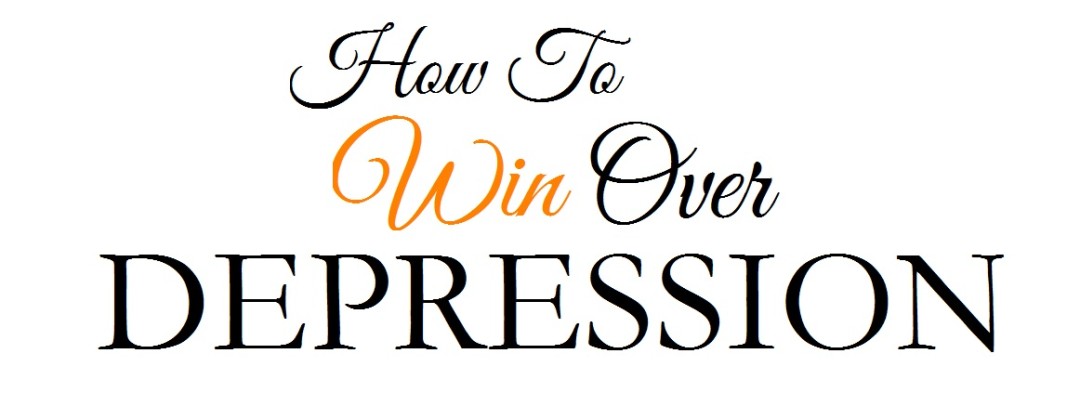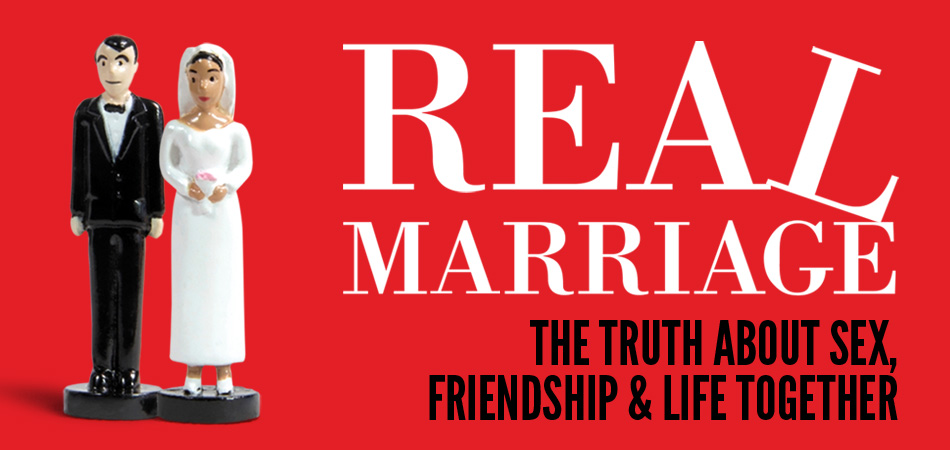My great-grandfather was stationed in the Aleutian Islands during WWII. He told us a lot of stories about living there– like being trapped inside the mess hall once because a moose was standing out in the street and no sane person screws around with a moose— but one of the tidbits that stuck out to me the most was an interesting detail about their water. It wasn’t clear, and had a bitter taste to it. When he asked someone why, they explained that the pipes were made out of wood and plants had grown through them to get to the water. Those roots left an oily residue that caused the bitterness.
That was the mental image I carried with me any time I heard a Sunday school lesson or sermon on bitterness. Most often the speaker would turn to Hebrews 12:15 where it uses the phrase “root of bitterness,” and I would think about those wooden pipes in Alaska.
In my experience, “bitterness,” much like “sin,” is one of those terms that get tossed about in Christian culture without a clear, workable definition. In contrast to colloquial use, all those sermons and lessons were pretty consistent about what bitterness is: it’s “unforgiveness fermented.” It’s holding onto a hurt or slight long after you probably should have let it go. It’s resentment.
A while ago I wouldn’t have been able to tolerate reading all those posts and sermon transcripts I’ve linked to above because bitterness was being used, almost constantly, as a cudgel to beat me. I stopped thinking about bitterness entirely, stopped evaluating whether or not I was bitter– and it’s been one of the healthiest, most life-affirming decisions I’ve ever made. If someone called me bitter, I’d mentally shrug it off because I didn’t care whether or not I was bitter. If being “bitter” was what I needed in order to deal with the pain in my life, I was going to embrace it.
It’s been a few years since all that though– conservative Christians have mostly stopped reading my blog, so I’m not hearing “you’re just bitter” every day– and I’m willing to embrace the concept of bitterness again, because I think it can accurately describe something about the human experience. We’ve all had our encounters with people that bring up some incident from their past over and over again and rant about the injustice they faced because of it. Today, though, instead of being worried about whether or not their “well is poisoned,” I acknowledge that I don’t understand their life. Maybe, when they’re talking about that one incident that seems inconsequential to me, it’s emotionally emblematic of how the entire relationship they had with that person was toxic. Maybe they need to hold on to that one moment because it’s a clear reminder to them that what happened to them wasn’t their fault, that they weren’t to blame for the abuse they suffered.
I can’t know either way, so I don’t concern myself with other people’s “bitterness” or lack of it. I know that I often return to a handful of stark moments– highlights that prove I was coerced, that he raped me. In the dark times when the whispers say you’re lying, you’re exaggerating, you’re to blame I point to that moment when I was flat on my back on filthy carpet begging him to stop.
That’s not bitterness. It’s coping. It’s hope.
Bitterness can happen to people. It’s not our job to evaluate how or why, but I think we can self-reflect and say y’know what, self, I think we can let go of that now. It’s done it’s job, and we can have peace about it. I think those moments of self-honesty are important, but they’re yours, and yours alone. It’s no one’s job to tell you when it’s an appropriate time to “let it go,” or “forgive.” You get to decide when all by yourself. For me, the answer for some people is “never”– in the sense that absolution is not mine, cannot be mine, to bestow.
Because, in the end, that’s what it seems many Christians mean when they say you’re just bitter. They mean that you haven’t absolved someone of their guilt, that you haven’t personally allowed the consequences to evaporate. In everyday Christian parlance, “forgiveness” has been confused with “absolution,” and the fact that we’re even daring to speak about an injustice or wrong means we haven’t forgiven them. That’s proof positive that we’re bitter. Heaven help us if we’re still angry about what happened while we’re speaking out.
But, most often, it seems like they’re not even talking about absolution and my refusal to not hand it out like candy. Most often, “you’re just bitter” is evangelical shorthand for “you’re criticizing something I believe is right.”
This insight revealed itself last week when a commenter on my post about the Pulse shooting told me that he’d gone back to read several of my recent posts and had concluded that I was “just bitter” and then preached a sermon at me about it. I responded light-heartedly, all the while thinking whaaaa? How could he have read my recent posts and concluded from those that I’m bitter? I went back and re-read all the ones it was obvious he was referring to, and suddenly what he meant by bitter was as plain as the nose on my face.
It meant that I disagreed with him, and that wasn’t allowed.
And it didn’t even matter how I disagreed. In some posts I was sympathetic, gracious, charitable, kind. In others– like the one where Joshua Harris described gay men as “those people are so sick!” — I said the words “this makes me angry” and “I’m furious” and that meant that I’m bitter. I disagreed. I disagreed and expressed my emotions, no less.
A woman? Expressing her opinion *gasp* forcefully?! That is not to be borne! Quick, call her bitter!
In the past three years I’ve had a lot of Christians call me bitter, and it only happens when I’m criticizing an issue they happen to think is “correct” or “biblical.” In the early days of my blog when I was mostly just chronicling my life growing up in a deeply abusive church, I had several regular readers who considered themselves conservative Christians, even fundamentalist. I was describing something they could condemn right along with me– pastors abusing congregations, Sunday school teachers telling us to essentially self-flagellate, evangelists being horrifically racist– but then I started critiquing positions they held, and suddenly I was bitter.
The first time it happened, it came from someone I considered a personal friend. She’d been cheering on my writing for the first few months, but when I turned from talking about my specific church background and directed some of my criticisms toward fundamentalism in general, she lost it. She de-friended me on Facebook, accused me “divisiveness” on top of being bitter, and declared she’d never read my blog again.
Don’t let the door hit ya, I thought, but it kept happening. Friends, colleagues, readers, they all started calling me “bitter” once I’d started making the connections, started talking about systems, started explaining to others what spiritual abuse looks like in a big-picture, top-down way.
They loved my blog as long as they got to use it to say “God, I thank thee, that I am not as other men are, extortioners, unjust, adulterers, or even as this publican!” As long as they got to point to how bad other Christians were, they were happy. The second I said, “well, actually, this thing you do is also pretty bad,” all they had to do was accuse me of being “bitter.”
It’s an “in-group signifier,” used to police their borders and boundaries. It’s a tool used to destroy credibility– they’re linguistically stringing caution tape around my blog, to warn off other Christians like them. “This woman here is bitter, you can ignore what she says. No self-reflection necessary.”



